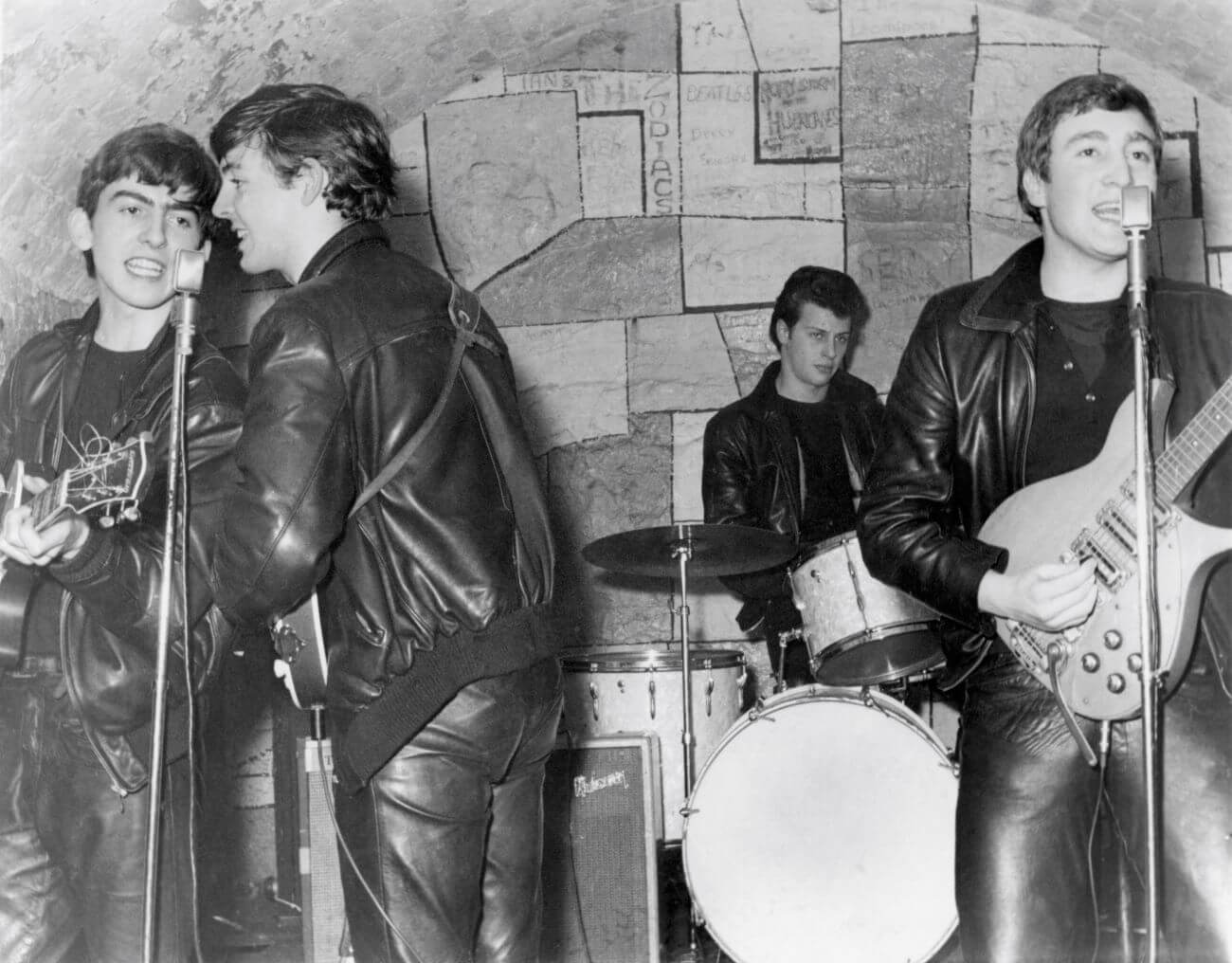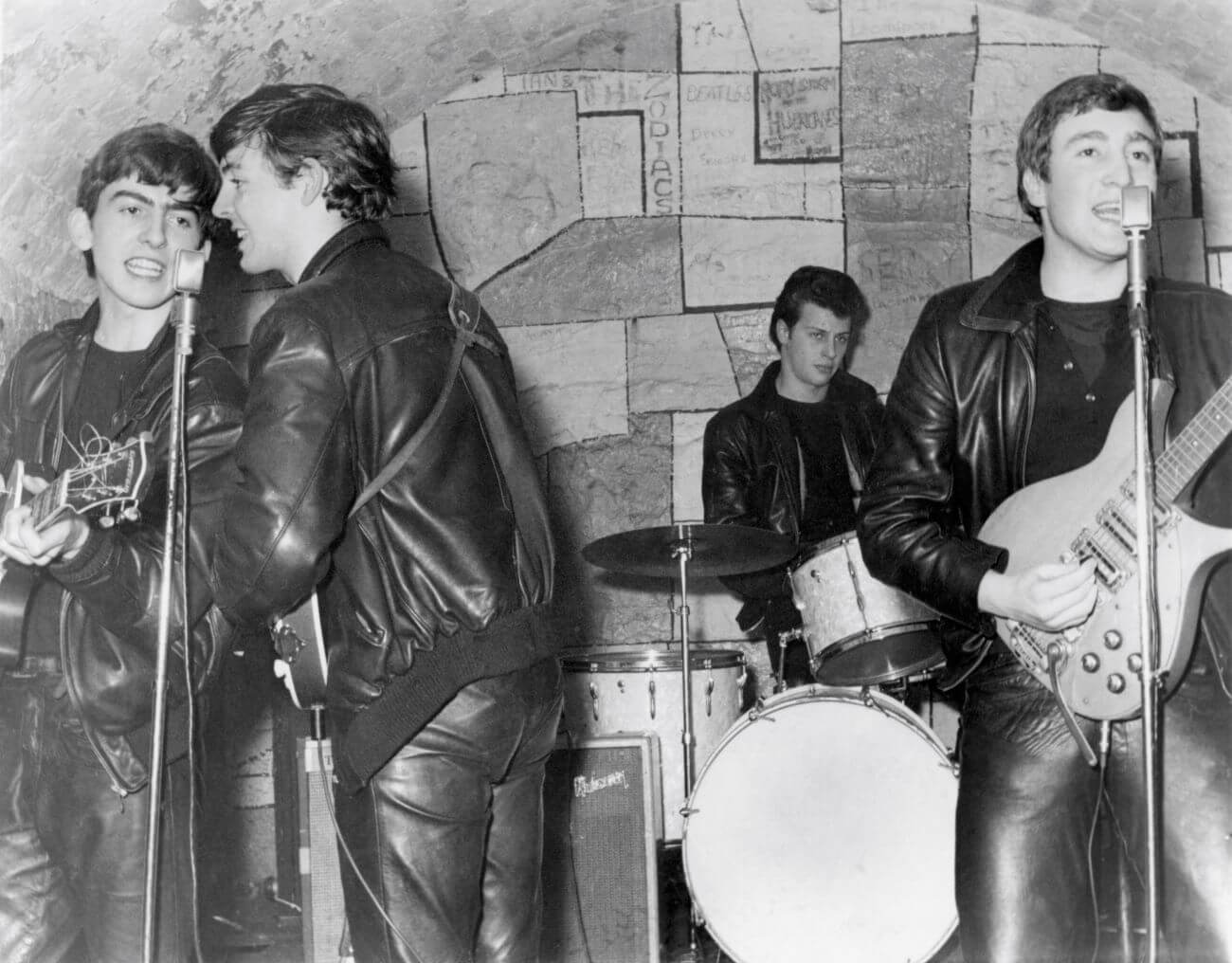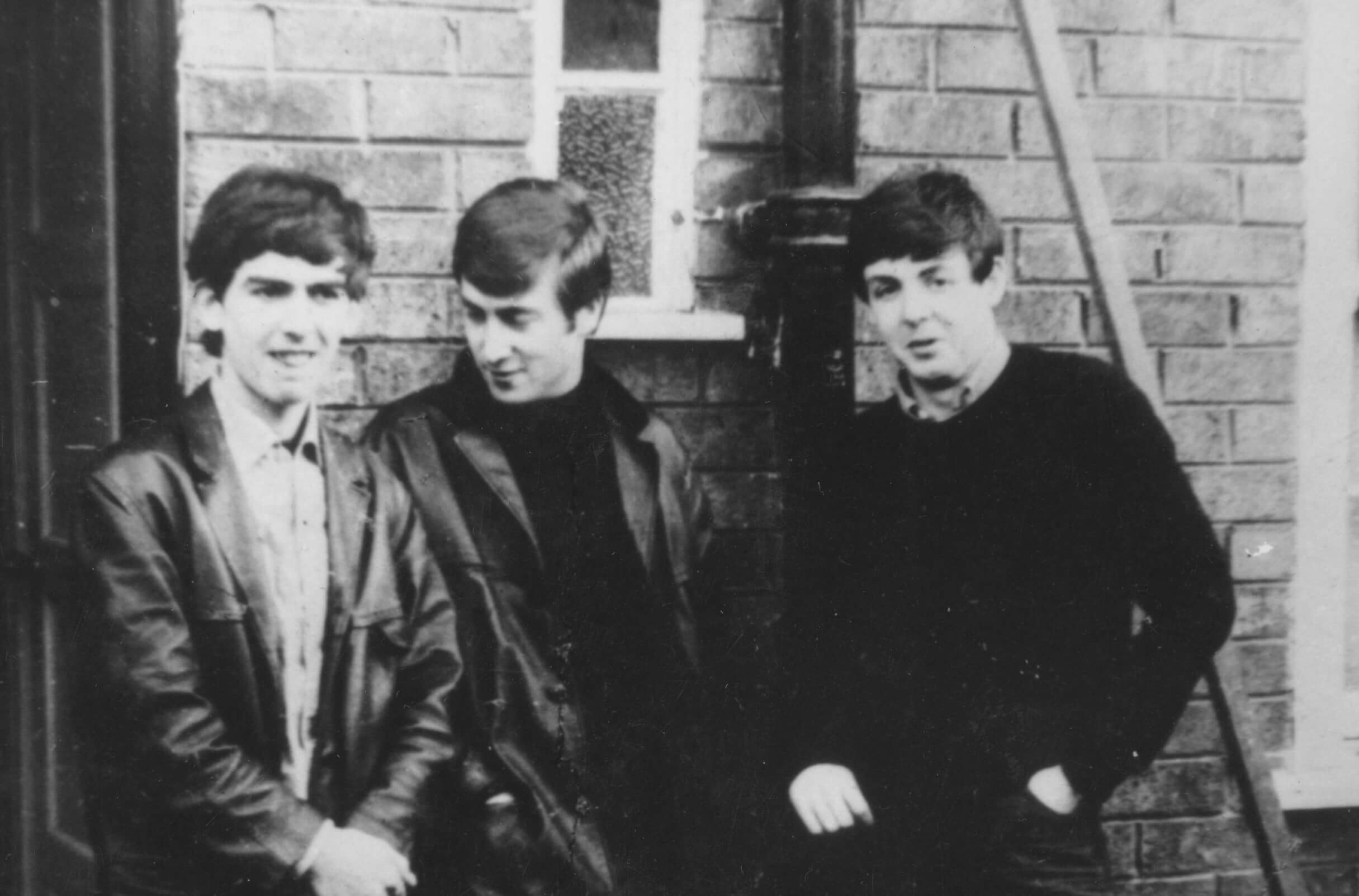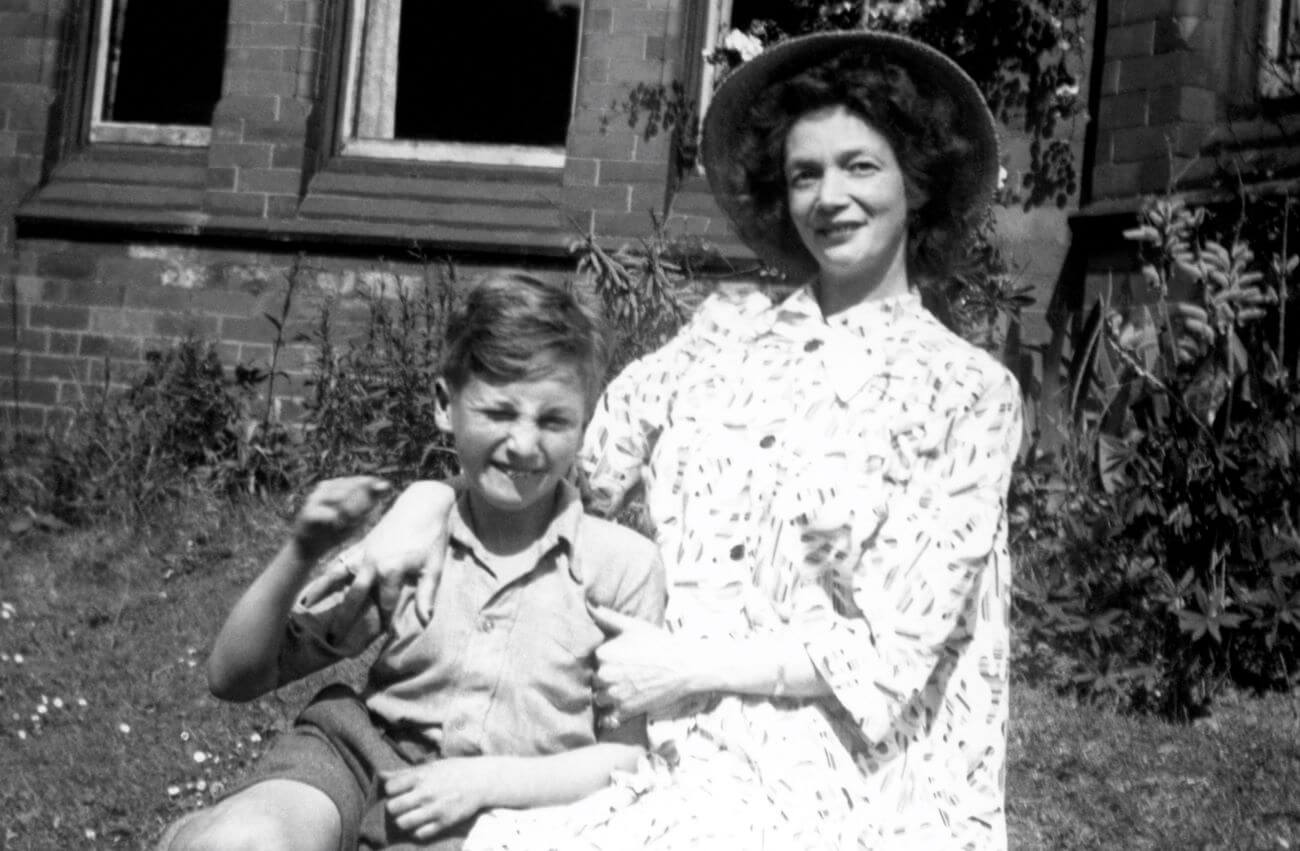
Paul McCartney’s Dad Wanted His Son to Fire John Lennon
When Paul McCartney’s dad, James McCartney, learned his son was in a band with John Lennon, he felt a bit uneasy. The two boys became friends after a performance at a church fête. They realized they shared a love of music and decided to begin performing together. While McCartney’s father would never say anything in front of Lennon, he didn’t like the influence he had on his son. He encouraged McCartney and George Harrison to stop spending time with him.

Paul McCartney’s dad thought his son should ditch John Lennon
After McCartney joined Lennon’s band, The Quarry Men, he brought in Harrison, one of his school friends. The three grew close and began spending much of their time together. Lennon was a bit older and already in college, and he began encouraging his younger bandmates to rebel.
“I got more confidence and used to ignore [Aunt] Mimi,” Lennon said, per The Beatles Anthology. “I went away for longer spells; wore what clothes I wanted. I had to borrow or pinch, as I had no money at college. I was always on at Paul to ignore his dad and just wear what he wanted.”

Lennon said McCartney wouldn’t rebel against his father, but that didn’t stop James from thinking his son’s new friend was a bad influence. He encouraged McCartney and Harrison to fire Lennon from the band and stop spending so much time with him.
“He wouldn’t go against his dad and wear drainpipe trousers,” he said. “And his dad was always trying to get me out of the group behind my back, I found out later. He’d say, ‘Why don’t you get rid of John, he’s just a lot of trouble. Cut your hair nice and wear baggy trousers.’ Like I was the bad influence because I was the eldest, so I had all the gear first usually.”
Paul McCartney’s dad wasn’t the only parent who felt this way
Lennon’s reputation was similar with many of the other Liverpool parents.
“I was the one that all the other boys’ parents would say, ‘Keep away from him,'” he said. “Because they knew what I was. The parents instinctively recognised I was a troublemaker, meaning I did not conform and I would influence their children, which I did.”
To be fair to the wary parents, Lennon admitted that he actively tried to disrupt their home life.
“I did my best to disrupt every friend’s home,” he said. “Partly out of envy that I didn’t have this so-called home. (But I did. I had an auntie and an uncle and a nice suburban home. This image of me being the orphan is garbage because I was well protected by my auntie and my uncle, and they looked after me very well).”
His behavior was a defense mechanism
Lennon had a reputation as a troublemaker because he was one. He interrupted classes, got into fights, and drank alcohol. This was, most likely, a defense mechanism against the tumult of his childhood.
His parents separated when he was young, and he went to live with his aunt and uncle. He lost contact with his father and saw his mother infrequently. He also dealt with the deaths of his uncle and his mother. Lennon admitted feeling a great deal of pain but didn’t know how to express it.

Through the chaos of his childhood, Lennon wanted to seem as though he was in control. He wanted to establish himself as the leader of his group of friends by making himself seem rebellious and powerful. He admitted that he wanted to seem tougher than he was for this reason. As a result, parents worried about the impression he was making on their children.


